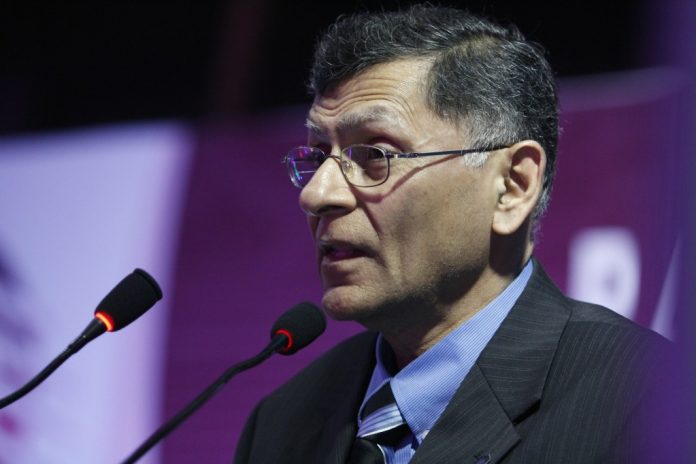KARACHI: Loads Limited CEO Munir K. Bana believes the domestic automobile industry will have to immediately localize in wake of increasing competition expected from new entrants.
In an interview to Business Recorder, Bana said prices of Pakistani assembled cars, excluding all taxes in dollar terms were among the lowest globally, considering the manufacturers were paying high taxes which added to the perception that they were exorbitantly priced.
He stated the automobile sector had been successful in reaching major localization of up to 60-70 percent, due to duty incentives given in the auto policy. He clarified these incentives weren’t protections and called this tag unjustified.
When queried about the price of Suzuki Mehran being unjustified, Bana explained it was an economical car purely in context of mileage, cost and maintenance. He added Mehran was a good car for the middle class, but termed it unfortunate that Suzuki was discontinuing it.
Furthermore, Loads Limited CEO was asked whether a 3-year old imported car Daihatsu Mira which sells for three to four lacs more than Mehran better or not? He responded no imported car was cheaper than Mehran and highlighted used cars such as Mira spare-parts aren’t that easily available.
Bana said producing parts for imported used cars wasn’t viable as volumes weren’t guaranteed over a longer duration of time. He added that dies require exorbitant capital investments and they cannot be made for every variety of vehicle.
Regarding the impact of used cars imports on domestic manufacturers, Bana said duties on them are fixed and are only meant to be availed by overseas Pakistani’s. He decried the Transfer of Residence or Baggage scheme is illegally utilized for commercial import purposes via fake declarations.
He disclosed these dealers bought passports of overseas Pakistani’s and used them to import cars in bulk from Japan majorly because those vehicles are highly taxed due to them being old.
But he said government had addressed concerns over such frivolous practices and curbed it by introducing new rules in which Pakistani’s living abroad would be required to send customs duties from overseas in foreign currency, with documentary proof the money was remitted by the individual himself.
Answering queries regarding emerging entities entering the Pakistani automobile sector, Bana said building assembly plants is time consuming and would take them two to three years to enter the sector. He added such huge investments take time to mature, which would require setting up a network of dealers and ensuring availability of parts for the cars across Pakistan.
He elaborated that new entrants would definitely test them, but the three leading automobile markets were well established and have their own network of dealers and suppliers for parts already.
In respect to demand of smaller cars, Bana commented that profit margins dropped for original equipment manufacturers (OEMs) and price differential between small and big cars was high. He added if a manufacturer had limited capacity, what was the point of manufacturing small cars and give up margins for no apparent reason.
When asked whether CPEC would help the local industry grow, chiefly in trucking sector, Bana replied new players like Man SE had plans to collaborate with National Logistics Cell, whereas FAW was already present in the market. He added growth in this industry wasn’t solely coming due to CPEC but also from other areas.
He said the Chinese had a huge advantage considering they were permitted to bring in equipment and vehicles duty free which is not only denting government revenues but would also prevent localization from being achieved.





It is such a big lie. Make any price comparison, Pakistani assembled Toyota Corollas and Honda Civic are among the most expensive in the world, especially when one compares the specs offered and like to like comparison. This is without the discussion of the poor quality of materials used and the purchasing power in Pakistan. Even then the prices of locally assembled cars come out higher than the same models offered (with better and higher specs) internationally.
Absolute bullshit..Most expensive cars are in pakistan.